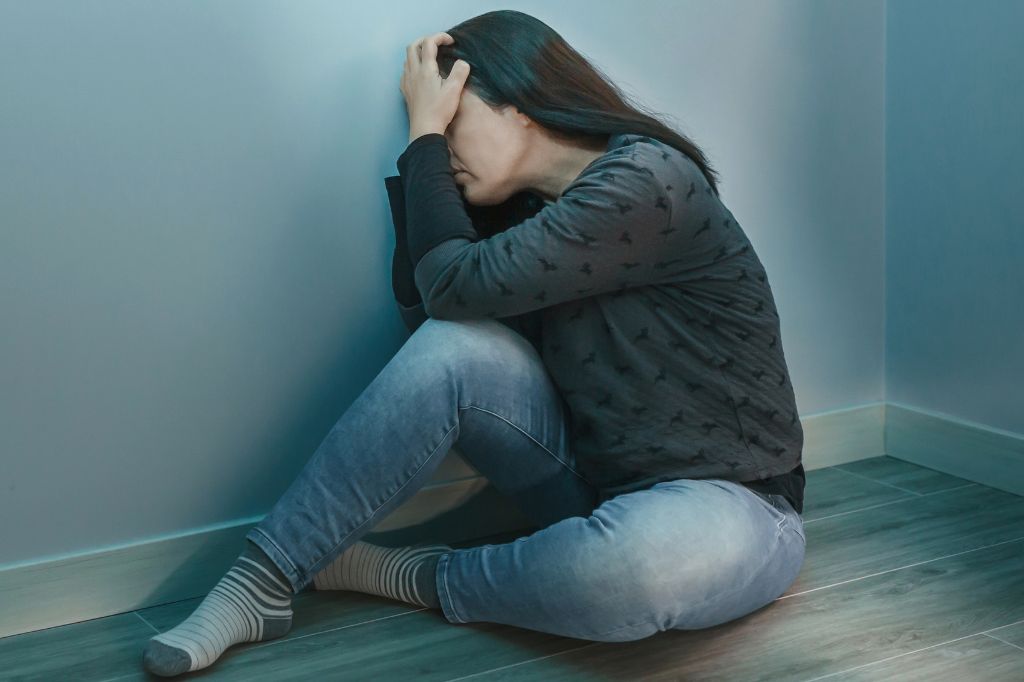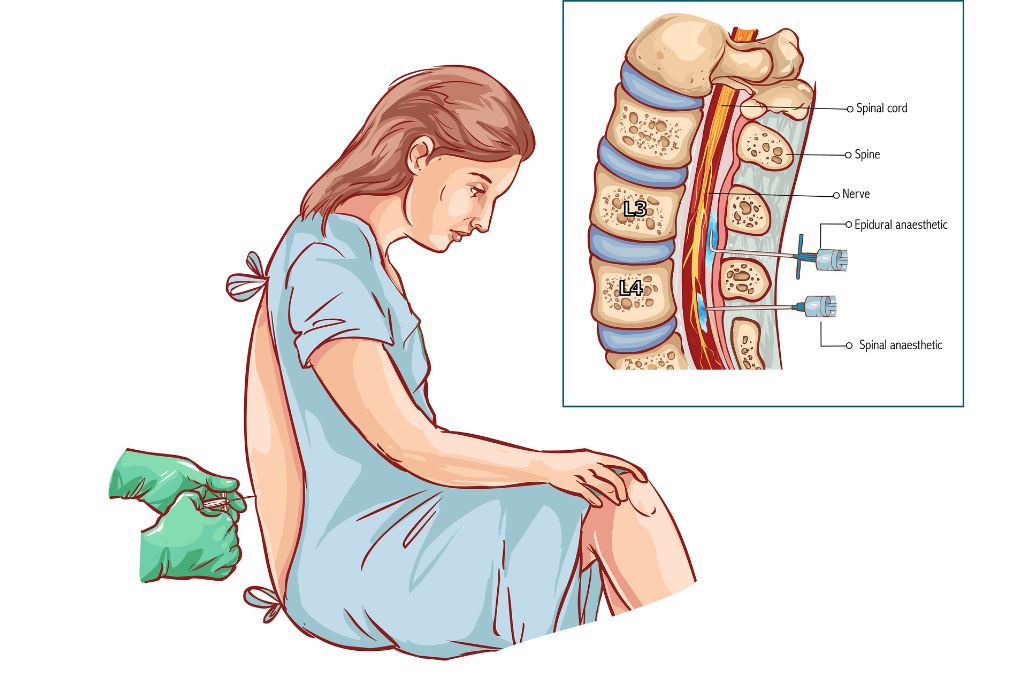What Are Signs and Symptoms of Anxiety Disorders?
- Anxiety disorders are the most common mental health disorder in the United States, affecting 40 million adults.
- Symptoms of anxiety disorders can include feeling restless, irritable, and having difficulty concentrating.
- Physical symptoms can include increased heart rate, sweating, and trembling.
If you are experiencing symptoms of anxiety, this article is for you. It will provide an overview of common signs and symptoms of anxiety disorders. But before we dive in, let’s take a step back and answer the question:
What is anxiety?
Anxiety is a normal human emotion that we all experience at one point or another. It’s the feeling of worry, nervousness, or fear about something that may happen in the future. For most people, anxiety is short-lived and goes away once the stressful situation has passed.
But for some, anxiety can become chronic, lasting for months or even years. In general, chronic anxiety can interfere with your daily life, making it difficult to work, socialize, or even leave the house. If you’re struggling to manage your anxiety, it’s important to seek professional help.
Common Signs and Symptoms of Anxiety Disorders

There are several types of anxiety disorders, each with its own signs and symptoms. But there are some commonalities among all types of anxiety disorders. If you’re experiencing any of the following symptoms, it’s possible that you have an anxiety disorder:
- Excessive worry or fear: People with anxiety disorders often have difficulty controlling their worries. They may fixate on a particular worry to the point where it interferes with their daily life.
- Avoidance: Avoiding situations that trigger anxiety is a common symptom of anxiety disorders. Someone with anxiety may avoid social situations, work responsibilities, or any activity that makes them feel anxious.
- Physical symptoms: Anxiety disorders can cause a variety of physical symptoms, including sweating, racing heart, and nausea. These physical symptoms are often the result of the body’s “fight-or-flight” response, which is triggered when we perceive a threat.
- Difficulty concentrating: When you’re anxious, your mind may feel foggy, or you may have trouble focusing on tasks.
- Irritability: Anxiety can also cause irritability and mood swings.
- Sleep problems: Difficulty falling asleep or staying asleep is a common symptom of anxiety. Anxiety can also cause flashbacks, nightmares, or restless sleep.
- Excessive need for reassurance: People with anxiety may need constant reassurance from others that they are safe and okay.
- Perfectionism: People with anxiety often set unrealistic standards for themselves and become easily overwhelmed when they can’t meet those standards.
- Constant dread: Some people with anxiety disorders live in a state of constant fear, even when there is no apparent threat. This feeling is often described as “dread” or “foreboding.”
- A sense of being out of control: Anxiety can make you feel like you’re losing control of your thoughts, emotions, and even your body.
- Repeated panic attacks: A panic attack is a sudden onset of intense fear or dread, accompanied by physical symptoms like rapid heart rate, shortness of breath, and dizziness. Some people with anxiety disorders may experience repeated panic attacks.
- Constant worry about the future: Most people with anxiety disorders often have difficulty trusting that things will work out okay. They may worry excessively about their finances, their health, or other aspects of their life.
If you’re experiencing any of these symptoms on a regular basis, it’s important to talk to a mental health professional. They can help you identify whether you have an anxiety disorder and create a treatment plan to help you manage your symptoms.
Causes of Anxiety Disorders
There is no one cause of anxiety disorders. Instead, they are the result of a combination of genetic, psychological, and environmental factors. Some people may be more vulnerable to anxiety disorders than others. For example, people who have a family history of anxiety or who have experienced trauma are at an increased risk.
Anxiety disorders are also more common in people who have certain medical conditions, like thyroid problems or heart disease. It’s important to remember that anyone can develop an anxiety disorder, even if they don’t have any risk factors.
Treatment for Anxiety Disorders
If you’re struggling with an anxiety disorder, there are many treatment options available. The most effective treatment plans will likely include a combination of medication and psychotherapy. Some people may only need short-term treatment, while others may need to continue treatment for a long time.
The good news is that anxiety disorders are highly treatable, and most people who receive treatment see a significant improvement in their symptoms. If you think you may have an anxiety disorder, talk to your doctor or mental health professional. They can help you get an accurate diagnosis and create a treatment plan that’s right for you.
What happens if anxiety is left untreated?
If anxiety is left untreated, it can lead to a number of serious problems, including:
- Depression
- Substance abuse
- Isolation
- Difficulty concentrating
- Problems with work, school, or personal relationships
- Suicide or self-harm behaviors
Final thoughts
Anxiety disorders are a group of mental disorders that cause feelings of anxiety and fear. Also, it can lead to physical symptoms like a rapid heart rate, shortness of breath, and sweating. These disorders can make it hard to function in day-to-day life.
If you’re struggling with anxiety, know that you’re not alone. Millions of people experience anxiety disorders, and there are many effective treatments available. Don’t hesitate to reach out for help if you’re feeling overwhelmed. With treatment, you can learn to manage your symptoms and live a fulfilling life.
Also read: How To Deal With Anxiety






